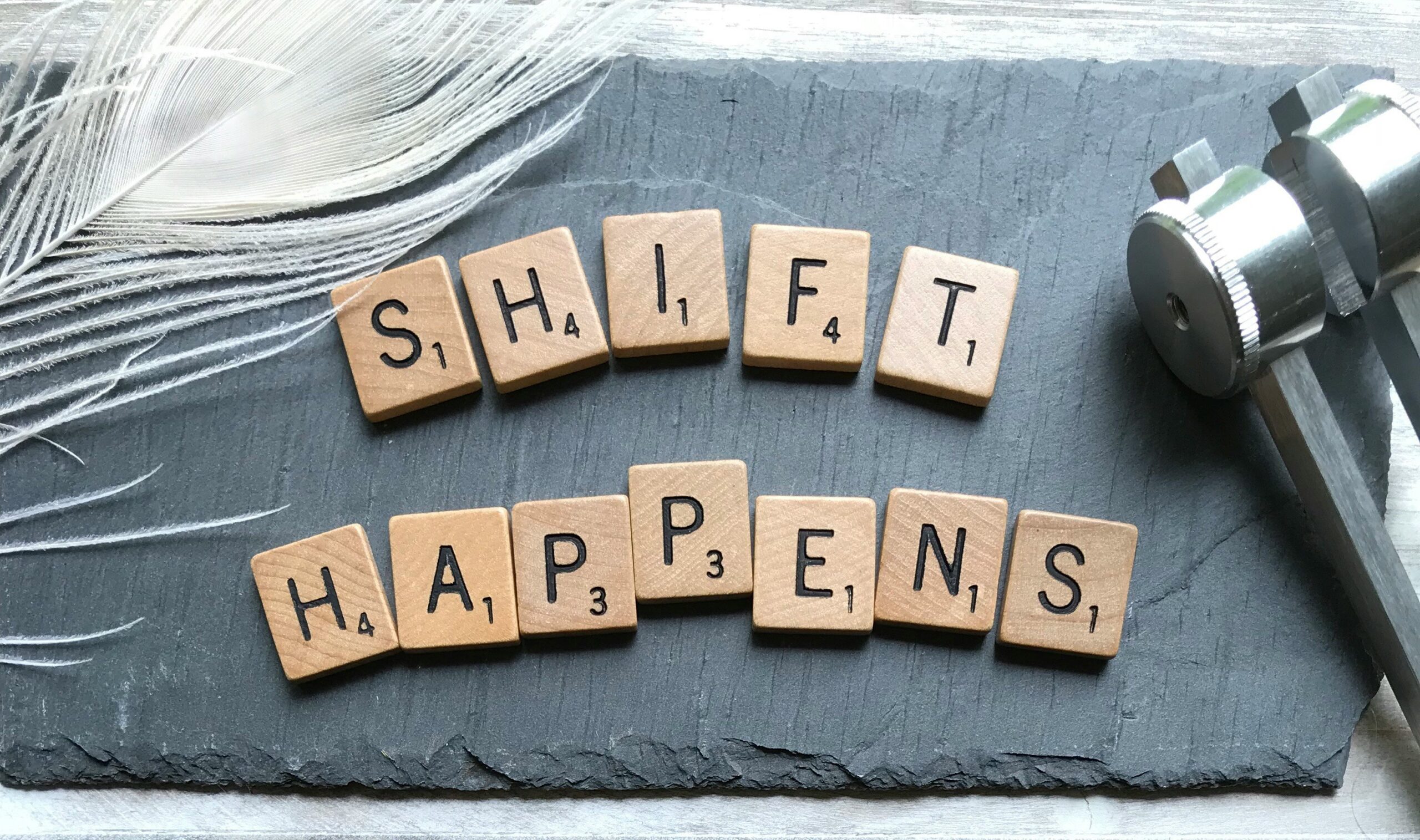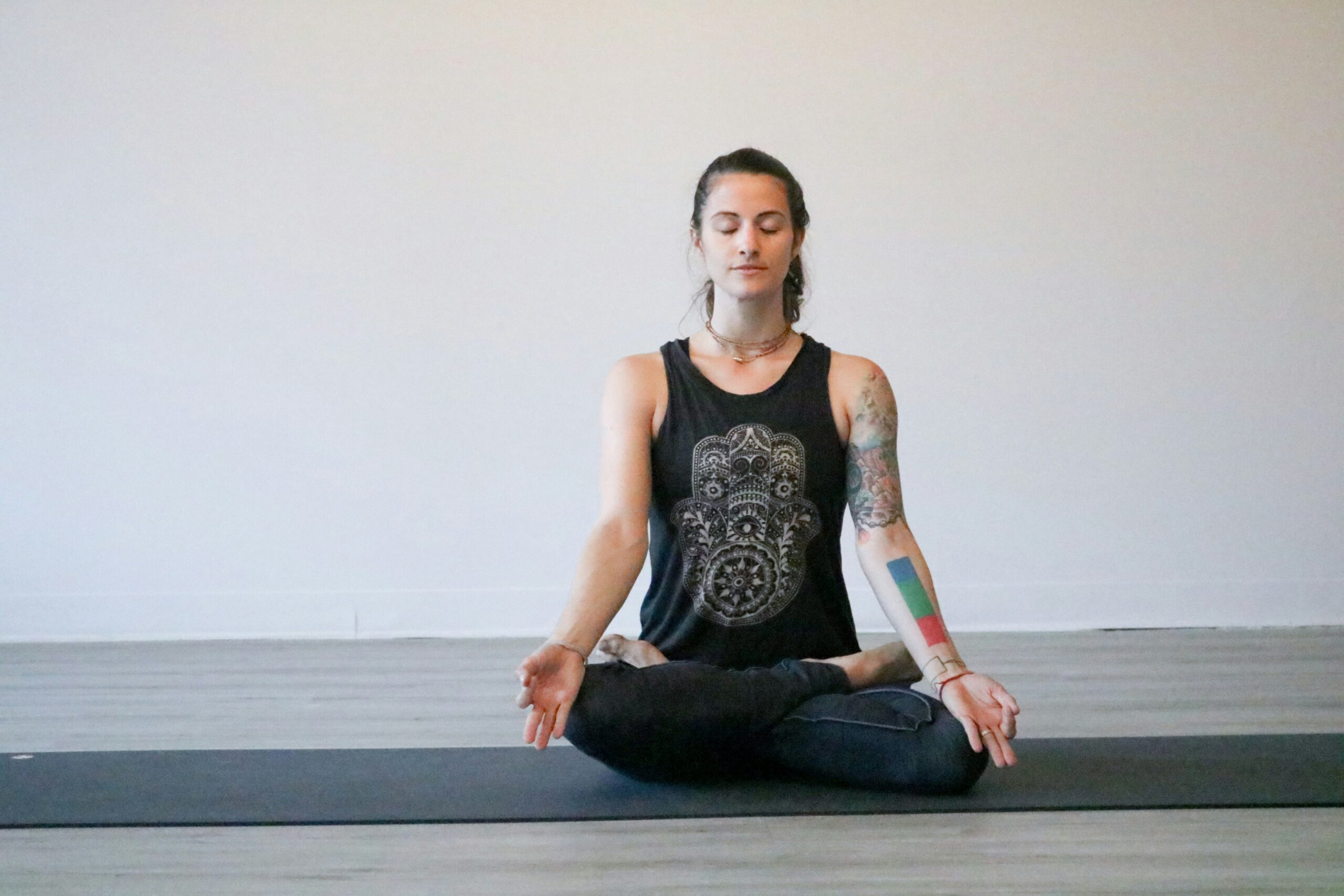
In today’s world, we all have numerous responsibilities that can lead us to become easily overwhelmed and burned out. Keeping a healthy work-life balance has become a crucial part of everyday life for our overall well-being and productivity. Developing this healthy balance can be challenging, but with these tips, you can work towards creating the healthier work balance that you desire.
- Set clear boundaries: Ensuring that you are establishing healthy boundaries in the workplace gives you a clear indication of when it is time to work and time to rest. Designate times to work, and time for enjoyable activities and maintain them. Be sure to remember that when you leave work, leave work!

- Prioritize Self-care: Establish your time for self-care so it becomes a part of your daily routine. Setting time aside for yourself in the form of exercise, enjoyable hobbies, or spending time with loved ones provides you an outlet to recharge your battery so you can maintain a positive work performance.
- Practice Time Management: Work towards developing effective time management throughout your work day to maintain a balanced work-life. Utilizing schedules, to-do lists, and delegating when possible can assist in preventing burnout throughout the work day. Be mindful of how you are utilizing your time so you can find an effective method to get work done, and taking needed breaks.
By implementing these strategies you can work towards developing a healthy work-life balance that can allow you to attend to both professional and personal needs. This is a practice that takes consistent effort toward identifying what methods best fit you. Keeping up with work is important, but working towards creating balance in life is essential. One of the key components to creating balance is the practice of mindfulness.
 Mindfulness isn’t something new. It isn’t something I nor the yogi online created. It is what it isn’t and isn’t what it is…got it? Absolutely not! There is so much information about this topic that it can get confusing so for context, Harvard University defines mindfulness as, “a quality of alert, open awareness. In contrast to a multitasking mind, mindfulness is a state of mind that has the ability to pay attention in a particular way, on purpose, in the present moment. Benefits of meditation include increases in concentration, productivity, physical and psychological resilience, and the ability to respond skillfully to stressful situations. Meditation is also effective in decreasing depression, physical pain, emotional reactivity, and the reliance on unhealthy coping behaviors.”
Mindfulness isn’t something new. It isn’t something I nor the yogi online created. It is what it isn’t and isn’t what it is…got it? Absolutely not! There is so much information about this topic that it can get confusing so for context, Harvard University defines mindfulness as, “a quality of alert, open awareness. In contrast to a multitasking mind, mindfulness is a state of mind that has the ability to pay attention in a particular way, on purpose, in the present moment. Benefits of meditation include increases in concentration, productivity, physical and psychological resilience, and the ability to respond skillfully to stressful situations. Meditation is also effective in decreasing depression, physical pain, emotional reactivity, and the reliance on unhealthy coping behaviors.”
Studies overwhelmingly confirm the negative impacts of chronic stress on our mental and physical health. Oftentimes multitasking isn’t as effective as one might think, it can create more stress and can make us less productive. Mindfulness is one effective way to begin to address this growing problem in the workforce.
The ability to be in the moment, of the moment, is SO difficult! Why? Because there are so many distractions within and around us. So is it my fault? Hard to say but most people don’t go about life trying to make things harder for themselves but you do have a choice. So is it my responsibility? Yes. Can you recognize when it’s time to take 2-3 minutes to catch your breath?
Let’s find out.
To figure this out, ask yourself these questions…
Am I losing focus?
Am I yawning more than usual?
Did someone tell me I look tired?
Am I trying to do too much?
Has my mood changed?
If you answered yes to any of these, then consider taking an intentional break. We often panic and feel we will fall further behind on work if we do. It might be worth considering that many studies show how ineffective, unproductive, and mentally painful plowing through work without a break can be. While I encourage us all to take our legally obligated breaks enforced by our labor laws (check your state for local regulations) the panic and anxiety with changing a certain habit whether helpful or not can be difficult. Try one minute a day so after a two-week goal you can master the art of taking a break but now what to do on your break…Yes, mindfulness!
Here are 3 ways you can practice mindfulness at work to improve your productivity:
- Get up and move – Just like a child sitting through hours of class, eventually, your body will give you signs in the form of aches, pains, and cramps for sitting in one position too long. If the space by your desk area is the only available space and you can make it work that’s great and if not maybe find an open office space your boss wouldn’t mind you borrowing for these kinds of breaks.
- Intentional breathing – Walking for pleasure is different from walking with a destination in mind. The latter has a goal. The same goes for breathing which often goes unannounced but can slow down heart rate associated with increased stress or anxiety. This can be done standing or right in your seat for a short break to help sort out all those thoughts. The key is to focus on your inhalation and exhalation, without focusing too long on pesky thoughts or distractions to bring focus back to your breath.
- Keep a log – When starting a new habit it can be helpful to set up reminders and keep a log of your breaks so you can celebrate your progress and re-evaluate your game plan when you are not being consistent. It sounds like one must be mindful about being mindful to be mindful.
There are many creative ways one can practice mindfulness at work with the benefit of finding inner peace by sorting out all our  thoughts, refocusing after stressful attempts to multitask, and making room in our bodies and minds for new information and tasks.
thoughts, refocusing after stressful attempts to multitask, and making room in our bodies and minds for new information and tasks.
Those seeking counseling are seeking inner peace but sometimes the chaos around us can be so unbearable we need moments of peace to get through one problem to the next. Consciously practicing mindfulness can help those struggling with anxious thoughts and worries overwhelming pressure or frustration with the I-want-to-give-up-feelings.
If you or anyone you know has questions about mindfulness or work-related stress, we can help you or your loved one become more productive at work by developing healthy and productive habits. Schedule a free 15-minute consultation if you are interested in counseling services.



